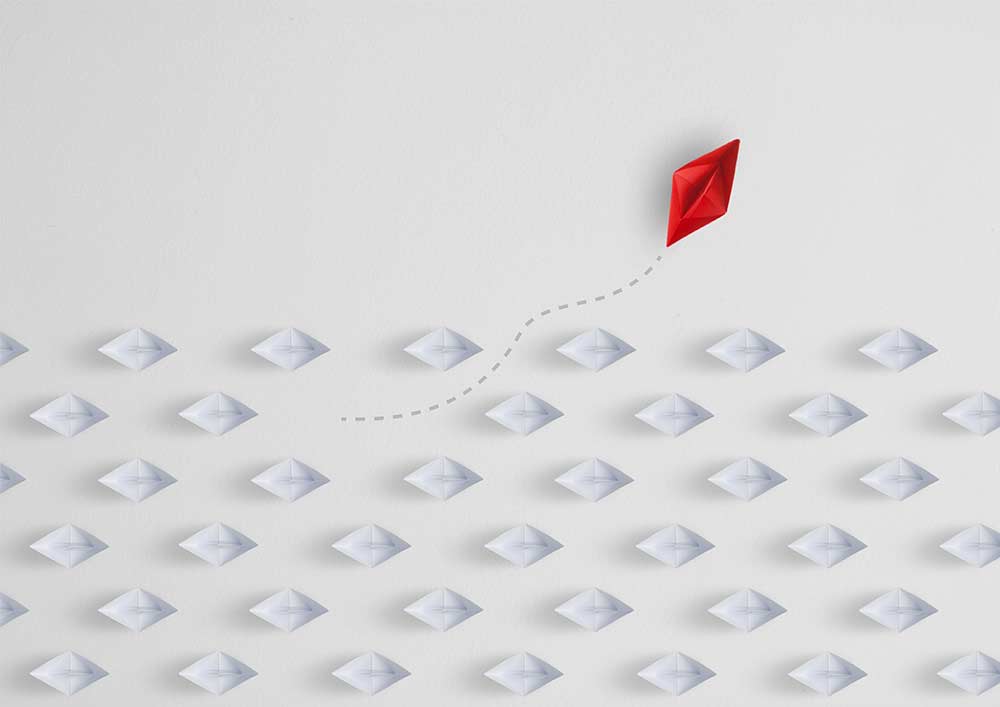7 Lifehacks for Reducing Self-Pity

So if you’re serious about staying sober, you need to do everything possible to purge self-pity from your life. Here are some helpful hints.
1. KEEP A PERMANENT RECORD OF LIFE’S LITTLE BLESSINGS
Note the word “little.” It’s amazing how many people treat small negatives—rainy days and red lights—as matters of earth-shaking importance, but count the positives only when these are on the level of winning the lottery. If you have working eyes and ears, enough to eat and a place to sleep every night, you have plenty to be grateful for. If you’re allowed to experience crisp spring days, full moons, wildflowers poking through the sidewalk or the sun reflecting off a cat’s fur, you need only take one careful look to see how much beauty there is in your world. Record details of your blessings in a journal or photo album.
2. PRACTICE TURNING NEGATIVES INTO POSITIVES
If your job seems boring, count the advantages of having that job: the things your salary pays for, the interesting people you meet, the park or architecture you always admire on your commute. If the weather is rainy, appreciate how raindrops glisten on trees and draw interesting patterns on windows. And if the rudeness of others gets on your nerves, be thankful you can choose not to imitate them!
3. GIVE YOURSELF PERMISSION TO FAIL—AND THE WORLD PERMISSION TO FAIL YOU
One difference between toxic perfectionists and people who have legitimate high standards, is that perfectionists take it personally when their standards aren’t met. If they get the least little thing wrong, if others take their work for granted or if circumstances make it impossible to meet their goals exactly, they go into a “nobody appreciates how hard I try” funk. Instead of keeping mental records of what you “should” do and what the world “owes” you for your efforts, just do your best and resolve to accept the world as it is.
4. APPRECIATE WHO YOU ARE
You’ll be able to do your best with less stress—and have more positive influence on the world—if you avoid equating all your personal value with striving and achievement. Remind yourself that you’re a uniquely gifted human being, worth loving for that reason alone—and no illness or job loss can take that from you. Consider your natural talents, personality and intelligence, and concentrate on making the most of these rather than blaming yourself for not being gifted in areas others were made for.
5. CHOOSE THE RIGHT COMPANIONS
If self-pity is a path to addiction relapse, the gateway to that path often comes in human form: people who are “addicted” to focusing on the negative and trail a cloud of despair wherever they go, people who tear your self-esteem to shreds with constant criticism. Avoid such people whenever you can: cut them out of your life completely if possible. Spend your time with optimistic types who see the good in the world and who believe in you.
6. MIX YOUR POSITIVE THINKING WITH HEALTHY REALISM
Notwithstanding the value of the positive, it is possible to be too optimistic. If, like many people with addiction disorders, you also have a co-occurring depressive or anxiety illness, the last thing you need is anyone nagging you to “just cheer up,” or implying that any mood short of euphoria is morally deficient. Not to mention the trouble a person can get into by trusting “just anyone,” or by taking such a “nothing can go wrong” attitude as to be completely paralyzed when something does. Instead of trying to eliminate all negative concerns and feelings, aim at high goals but leave room (emotionally as well as materially) for delays and course corrections.
7. TAKE CARE OF YOURSELF
Self-pity (like high blood pressure, ulcers and every other physical illness exacerbated by stress) loves the company of fatigue, nausea, overload and caffeine jitters. Eat healthy, take breaks, get regular exercise and go to bed at a decent hour—and watch your overall energy and attitude go up while your self-pity and drug cravings go down!

